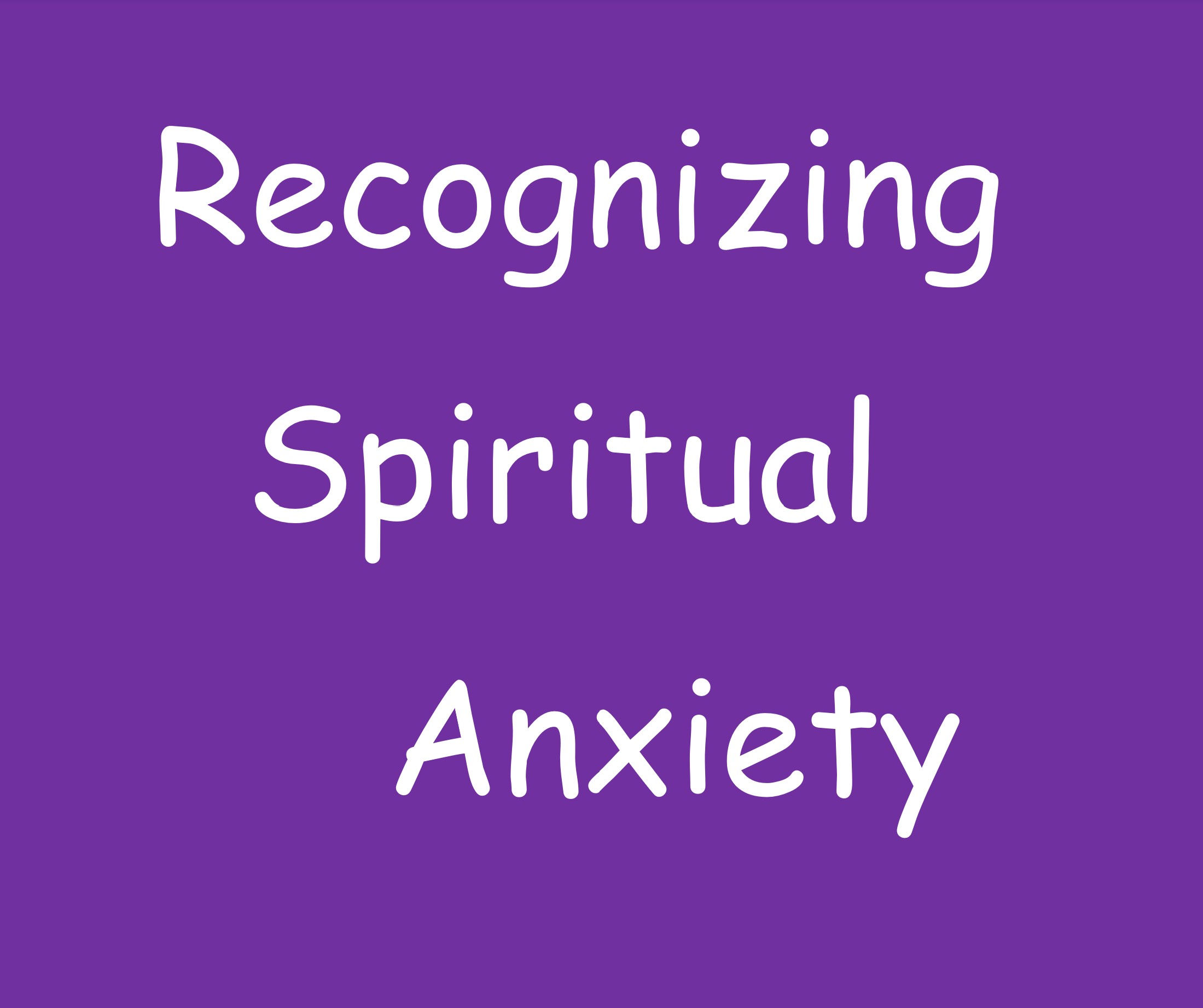
People often ask me about the origins of pastoral counseling. While I have written about what pastoral counseling is Pastoral Counseling ? | Pastoral Counseling Syracuse NY (revmichaelheath.com) , I haven’t spent much time explaining its history or its therapeutic foundations.
Historically, clergy have always counseled people with their problems but often their guidance was given without clinical training or expertise. However in the early 60s, things changed.
A group of ministers who were also trained psychotherapy got together to form a professional group of pastoral counselors. They called their organization the American Association of Pastoral Counseling.
AAPC’s goal was to elevate the quality of pastoral counseling by requiring more clinical training, supervision and personal therapy for its therapists.
Pastoral counselors offered a holistic approach to psychotherapy which included religious experience. This new perspective integrated the psychological and spiritual dimensions of life and its problems.
Not everyone cheered this development. Fundamentalist skeptics condemned professional pastoral counselor for putting psychology ahead of the Bible and of turning to psychotherapy rather than faith. They viewed science as a threat to traditional religion.
Rather than being a threat to faith, pastoral counseling sought to reduce the tension between religion and science. Pastoral counselors understand science and religion as complementary. Rather than conflicting, they function on two different levels of reality: the physical and the metaphysical (spiritual).
Although religion and science dwell in different realms, they are not disjointed. Earlier in the 20th century, Christian theologians like Rudolf Bultmann believed that the mythic husk of traditional religious language could be decoded/removed to reveal the inner kernels of spiritual truth.
Pastoral counseling uses existential psychology to translate/de-mythologize religion’s supernatural/pre-scientific language into expression which are more understandable to the modern world. Psychology provides a way to understand ancient religious wisdom in modern terms.
The existential theologian, Paul Tillich, identified anxiety as the human experience which bridges both worlds of religion and psychology. In his book ,The Courage to Be, he explains how spiritual anxiety underlies psychological anxiety. Paul Tillich – excerpts from “The Courage to Be” – Religious Naturalism
To fully appreciate the significance of Tillich’s insights, it’s important to understand how anxieties differ and how to tell them apart:
Normal Anxiety Whenever we encounter a stressor, it is normal to worry. Anxiety is how our brain reacts to protect us from threats. When it perceives danger, anxiety, along with secreted stress-hormones, puts us on alert and helps us to respond more efficiently to the menace.
Note bene : Normal anxiety is transient . When the danger passes or the threat is resolved, anxiety declines.
Pathological Anxiety Pathological anxiety is the kind of anxiety which is not based on an actual danger. It is an irrational over-reaction to normal stressors. Prior trauma, where a real threat is experienced, can cause anxiety attacks in the present. These expisodes misidentify and exaggerate the level of threat which is present thus triggering unnecessary alarm.
For example, a soldier who is home after having been in combat, may panic at the sound of a car backfiring. Fortunately, counseling and/or medication are very effective in treating anxiety disorders.
Spiritual Anxiety There is another kind of dread, however which is not about immediate threats of dangers. Tillich called it ontological (having to do with being) anxiety. Others refer to it as existential ( having to do with existence) anxiety. I refer to this experience as spiritual anxiety.
Spiritual concerns and questions about the very meaning and destiny of ones life cause this type of worry. Spiritual anxiety is not a psychological disorder. It is, rather, a normal and inescapable aspect of the human condition.
Specifically spiritual anxiety arise from human self-consciousness. Specifically, the self-knowledge that that we exist reveals the unsettling fact that life is finite and doesn’t last forever. This realization is the source of spiritual anxiety.
Religion is one way that people cope with spiritual anxiety. Tillich, however, recognized that ontological anxiety permeates all human activity.
As he explains in his book, Theology of Culture, all human institutions are attempts to distract the mind from the paralyzing fear of non-being. Paul Tillich’s Theology of Culture (1959): A Summary and Analysis – Dakota Wade (semperdiscentes.life)
Another function of cultural endeavors is to provide some sense of transcendent meaning and purpose. Art, music, education, politics, as well as religion, offer a a reason for living in the face of eventual death.
Tillich posited that this spiritual quest is a fundamental aspect of the human psyche. All people, whether they are “religious” or not, share this longing.
The importance of understanding these distinctions lies in recognizing the inter-connection between spiritual anxiety and the psychological disorder of anxiety. For example, it is often true that someone who abuses alcohol has had, in addition to childhood trauma, also experienced a spiritual crisis of despair.
Questions about the ultimate meaning of life as well as the raw fear of dying, are demons which can not be slain. They can be calmed, however.
When the root issue is identified and addressed directly, the problematic symptoms often dramatically decline. Most importantly, the underlying spiritual concern can be identified and addressed.
_______________________________________________________________________
The greatest contribution that pastoral counseling gives to psychotherapy is its wider perspective of anxiety and human problems. Specifically, not every emotional problem that we experience is the result of a pathology.
Spiritual /existential anxiety is a normal challenge for every human being and is often a deeper part of the problem for which counseling has been sought.
Thus, a pastoral counseling perspective does not discount or ignore the spiritual state of a person’s condition. Likewise, in addition to treating the immediate problems, it look for underlying causes and complications.
As the old over-eaters slogan goes, it’s not what you eat but what is eating you.
Rev. Michael Heath , LMHC, Fellow AAPC 10 1 2023



